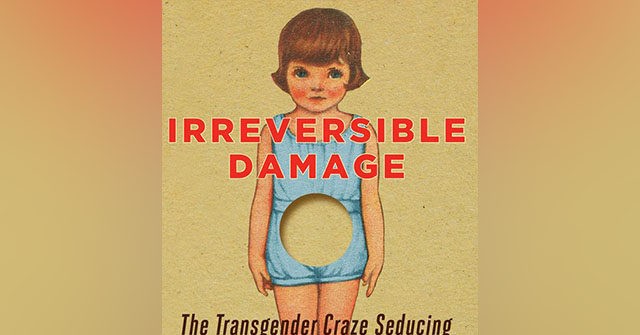Last week, I devoted my column to tracing the shared roots of "woke" destruction in South Africa and the U.S.
I even wrote an ebook on that theme: "How Not to Be a Sh!thole Country: Lessons from South Africa."
https://www.amazon.com/How-Not-Be-thole-Country-ebook/dp/B08SCK2S16
But no one writes as well about this topic as Iran Malan, who has an absolutely incredible article in the New York Post about it: "How ‘equity’ ideology plunged South Africa into inequality and chaos."
A short quote:
"But this is just part of the picture. The overarching truth is that an idea pushed South Africa to the brink. You guys know this idea, because it animates the sermons of critical race theorists trying to force you to take the knee and atone for your supposed sins. I am going to call it the Beautiful Idea, because it is beautiful in a way — but also dangerous.
"The Beautiful Idea holds that all humans are born with identical gifts and should turn out to be clones of one another in a just society. Conversely, any situation in which disparity survives is in itself proof of injustice. This is the line promoted by CRT pundit Ibram X. Kendi, who blames all racial disparities on racist policies.
...
"Investment dried up. Brains drained. The economy stagnated, causing unemployment to surge to 11.4 million today, from 3.3 million in l994. The upshot: utter misery for the underclass, doomed to sit in tin shacks, half-starved, watching the black elite grow fat on the pickings of equity laws and rampant corruption.
"Former South African President Jacob Zuma sentenced to 15 months in prison
This was an especially bitter experience for young black people, 63 percent of whom are now jobless, too broke even for booze and drugs to dull the pain. Last week, it proved easy for Zuma and his acolytes to tempt them onto the streets with the promise of loot."
Read the whole thing here: https://nypost.com/2021/07/19/how-equity-ideology-plunged-south-africa-into-inequality-and-chaos/
This week’s portion launches the great story of Abraham, who is told to leave everything of his life behind — except his immediate family — and to leave for “the Land that I shall show you.”
There’s something interesting in the fact that Abraham is told to leave his father’s house, as if breaking away from his father’s life — but his father, in fact, began the journey, moving from Ur to Haran (in last week’s portion). His father set a positive example — why should Abraham leave him?
Some obvious answers suggest themselves — adulthood, needing to make one’s own choices, his father not going far enough, etc.
But I think there is another answer. Abraham (known for the moment as Abram) needs to establish his own household. This is not just about making one’s own choice, but really about choosing one’s own starting point. It’s starting over.
Sometimes we start over in fundamental ways even if much that surrounds us remains the same. Sometimes the journey we have to ...
The story of Noah is familiar; the details, less so.
Noah is often seen as an ambivalent figure. He was righteous -- but only for his generation. What was his deficiency?
One answer suggests itself: knowing that the world was about to be flooded, he built an Ark for the animals and for his own family -- but did not try to save anyone else or to convince them to repent and change their ways (the prophet Jonah, later, would share that reluctance).
Abraham, later, would set himself apart by arguing with God -- with the Lord Himself! -- against the destruction of Sodom and Gomorrah, saying that they should be saved if there were enough righteous people to be found (there were not).
Still, Noah was good enough -- and sometimes, that really is sufficient to save the world. We don't need heroes every time -- just ordinary decency.
Hi all -- as I noted last month, I'm going to be closing down my Locals page, at least for tips and subscriptions -- I may keep the page up and the posts as well, but I'm no longer going to be accepting any kind of payment.
Look for cancelation in the very near future. Thank you for your support!













